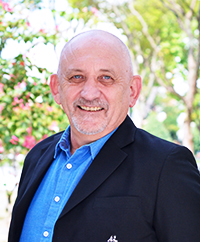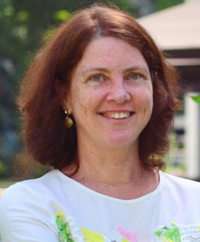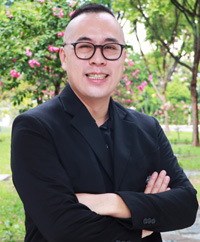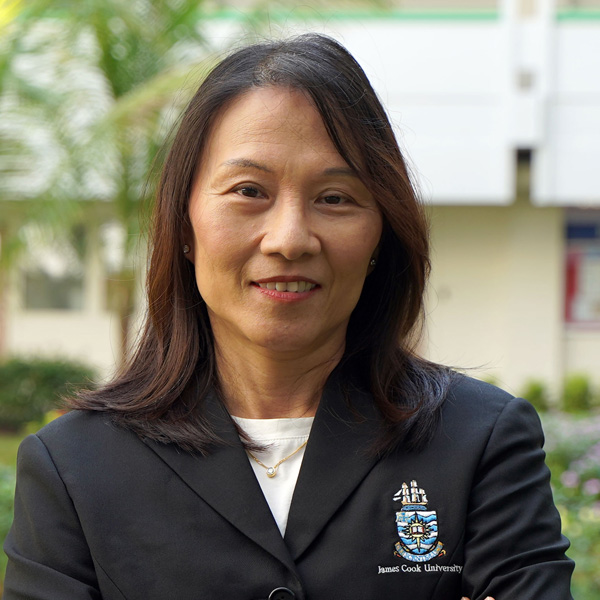





Professor Nigel Marsh is a clinical psychologist with expertise in the areas of psychological assessment and research design. He has held academic appointments in Clinical Psychology in Australia, Lebanon, Malaysia, New Zealand and the United Kingdom. He has served as a consultant in the areas of healthy ageing, occupational health, genetics and rehabilitation.
Professor Marsh has conducted research across the life span with published studies on age groups ranging from infants to older adults. His specific interests in the areas of wellbeing are: (1) the impact of environmental or design factors on healthy ageing, (2) attitudes to ageing and their relationship to health, and (3) the evaluation of training of family caregivers for vulnerable older adults.

A/Prof Denise Dillon is the Associate Dean Research Education at JCU Singapore, which involves her working with supervisors and HDR candidates to facilitate a strong culture of research supervision at JCU Singapore. Denise’s disciplinary training is in cognitive and environmental psychology, and her research interests are primarily in the area of human-environment and human-animal interactions, and biophilia. She is a certified Forest Therapy Guide.
Psychological research over several decades leaves little doubt that exposure to and regular immersion in nature and urban green spaces is beneficial to human health and life satisfaction. With predictions that 50% of the world’s population will live in tropical nations by 2050, it is clear that we need to understand how humans respond to urban living and curated green space environments in order to inform public policies on urban design for healthy ageing.

Dr Christopher Lo is an Associate Professor in Psychology at JCU Singapore. He holds appointments in the Department of Psychiatry and the Dalla Lana School of Public Health at University of Toronto, Canada. Chris has expertise in fields of medical or health psychology and palliative and supportive care. His work has concerned the assessment and improvement of quality of life in patient populations coping with intractable or life-limiting conditions, such as advanced cancer. He has experience in the development of supportive care interventions.
Chris' research interests involve studying the social determinants of mental health across the lifespan, which may include individual, social, and cultural supports. His contributions have included modeling the relational system between patients and caregivers and their use of social connectedness to meet the challenges of illness; discussion of a developmental perspective to explain individual differences in existential experiences at the end of life; and design of the Death and Dying Distress Scale, a measure of death anxiety in advanced illness populations. His skills include quantitative and qualitative methods and their mixing, measurement of patient-centred outcomes, supportive care clinical trials, and program evaluation.

Dr Lucy Tan is a clinical psychologist and currently an Associate Professor in Clinical Psychology at JCU Singapore. She holds overseas adjunct appointments in the School of Psychology, University of Aberdeen, Scotland and the School of Medicine (Psychiatry) at the University of Queensland, Australia. Lucy serves as an assessor for the Psychology Board of Australia and a Clinical Advisor for the Office of the Health Ombudsman, Australia. Prior to joining JCU, she worked as a senior clinical consultant in both public and private mental health services, and as an expert witness in Family Court, Youth Justice and medico-legal context. Lucy works across the life span, but her strengths lie in child, adolescent, and family mental health and well-being.
Lucy’s research interests involved examining determinants on improving our understanding of the ways in which mental health conditions develop and the mechanisms of change processes in the treatment of these conditions. This may include exploring experimental designs and/or applied psychological processes; development of psychological interventions to address psychological fitness and mental health well-being; implementation and programme evaluations.